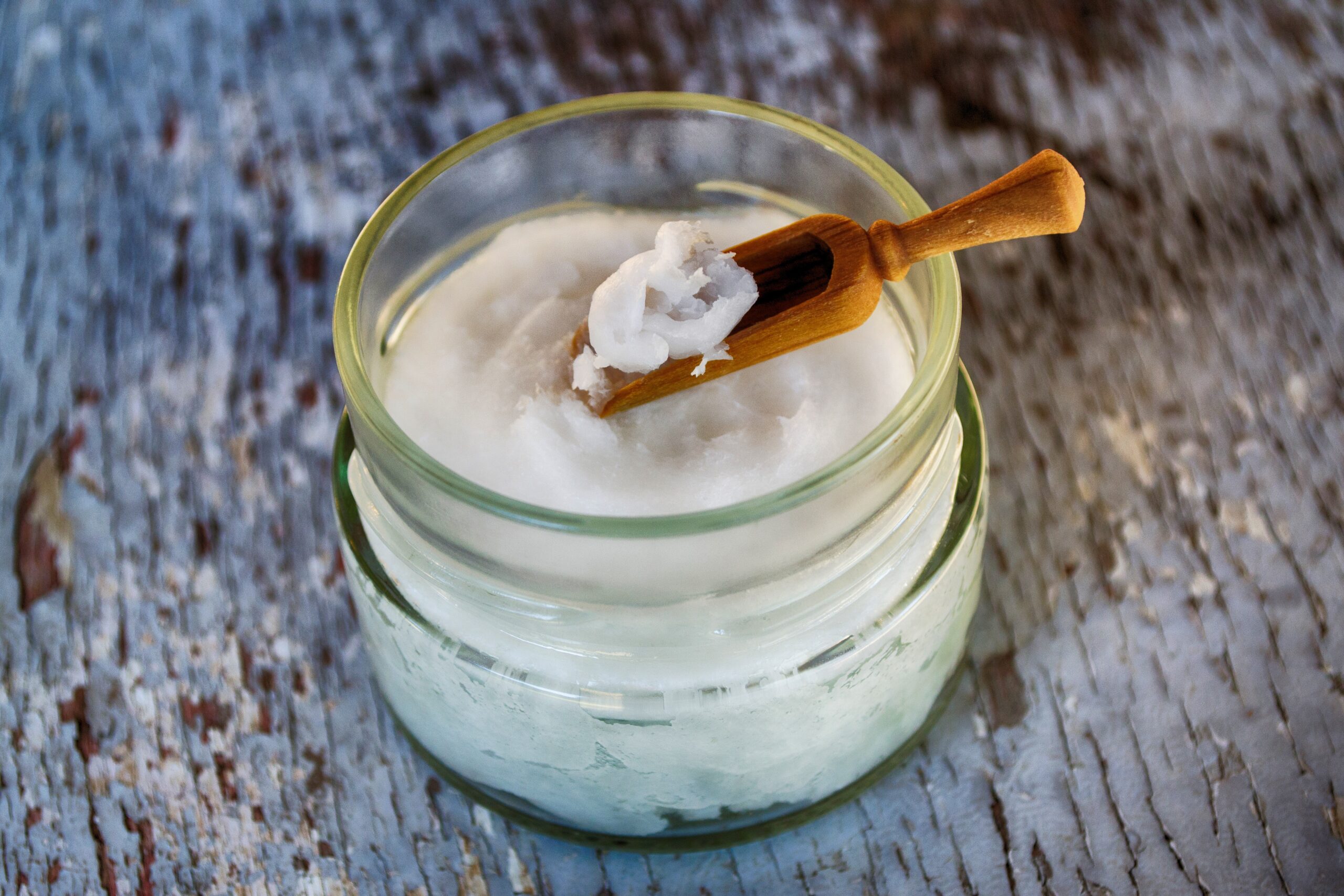 Coconut oil has been a source of controversy for years. Just this week, the great coconut oil debate has been refueled by a lecture given by Karin Michels, the director of the Institute for Prevention and Tumor Epidemiology at the University of Freiburg and a professor at the Harvard TH Chan School of Public Health. In this lecture, she referred to coconut oil as “pure poison” and “one of the worst foods you can eat.”
Coconut oil has been a source of controversy for years. Just this week, the great coconut oil debate has been refueled by a lecture given by Karin Michels, the director of the Institute for Prevention and Tumor Epidemiology at the University of Freiburg and a professor at the Harvard TH Chan School of Public Health. In this lecture, she referred to coconut oil as “pure poison” and “one of the worst foods you can eat.”
This statement came as a shock to many because over the past few years coconut oil has been touted as the elixir of health. Health influencers have encouraged us to add it to our coffee, rub it on our face and get as much into us as possible. In fact, if you have been following any of the big diet trends such as Paleo, Keto or the Whole30, coconut oil is the very cornerstone of their philosophy.
So who is correct?
Well, the answer is both…and neither.
As with most ideas in our nutrition/diet industry, coconut oil has fallen victim to oversimplification and sensationalisation. You can find a detailed account of the health benefits and risks of coconut oil in this blog I wrote a few years go. For today, I would like to discuss some of the points addressed in the lecture so you know if you should throw that oil out the window.
Michels main argument is that coconut oil is a saturated fat and that there are large amounts of studies that link an increase in saturated fat with and increase in cardiovascular disease (CVD). In this case she is absolutely right. Coconut oil is 85-90% saturated fat and most of the main studies that are referred to show a link between saturated fat and CVD. So much so, that the American Heart Association issued an update clarifying their stance that saturated fat should be limited in 2017.
So should you chuck your Costco size coconut oil out the window? Not necessarily. Some of saturated fat that is found in coconut oil is slightly different than that found in animal protein and it doesn’t behave in quite the same way. So lumping them into the same category isn’t totally accurate. Moreover, a meta-analysis of some of these studies (which means they look at the studies as a cohesive group rather than drawing individual conclusions) shows that the link between saturated fat and CVD may not be as cut and dry as we once thought.
So what do you do with this information?
I personally do not believe that coconut oil is poison, nor is it one of the worst foods out there. I do, however believe that benefits of coconut oil (although somewhat based in truth) have been sensationalized which can cause people to add it in where it is not necessary.
We can slip into a very black and white way of thinking when it comes to food. If a little bit of something is good, then a lot of something is great! Or if a lot of something is bad, we should probably never eat it again. The real solution is somewhere in between. That icky “moderation” that we all like to avoid ?
Personally, I will continue to use coconut oil in the way I currently use it: moderately. I will cook with it when I am cooking at a medium heat or if it’s flavor simply lends itself to making something I love (read: Coconut Popped Kettle Corn). I won’t add it to things where it doesn’t really serve a purpose, such as coffee, toast or eating it with a spoon;)
I will also understand that health is not a function of a single nutrient. In this case, unless you are adding it excessively, coconut oil is a VERY small factor in your diet and lifestyle as a whole. So that means it doesn’t need to receive all the blame, but it shouldn’t receive all the credit either.
Finally, I will keep my eyes and ears open and curious about any new information so as soon as it comes around I can digest it and share it with you!

